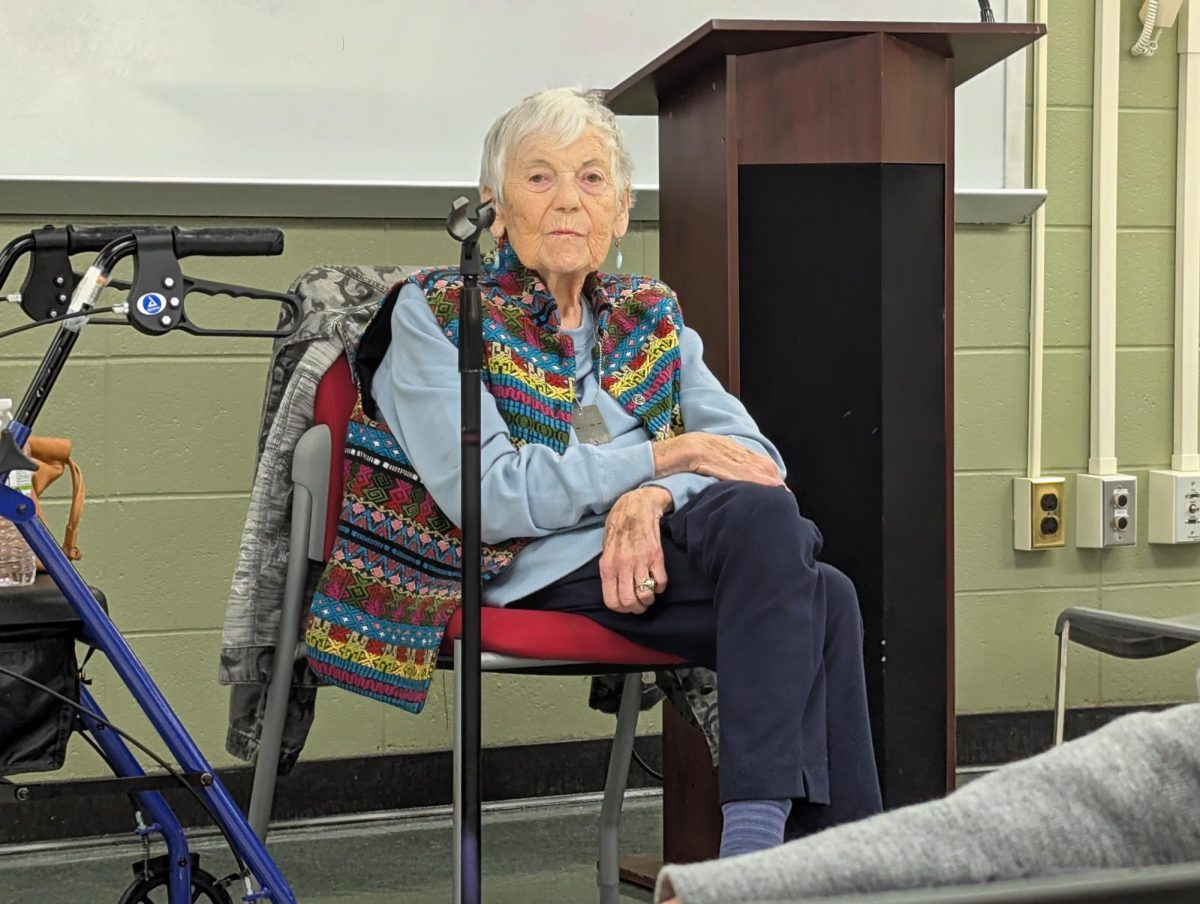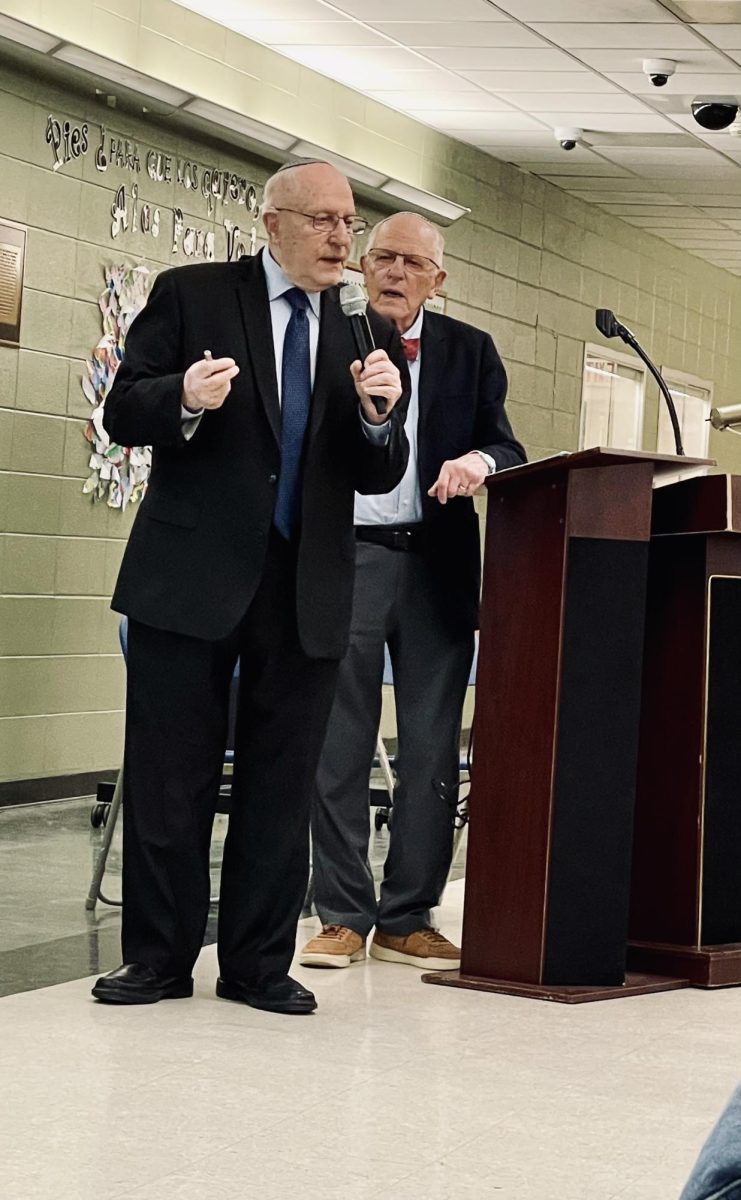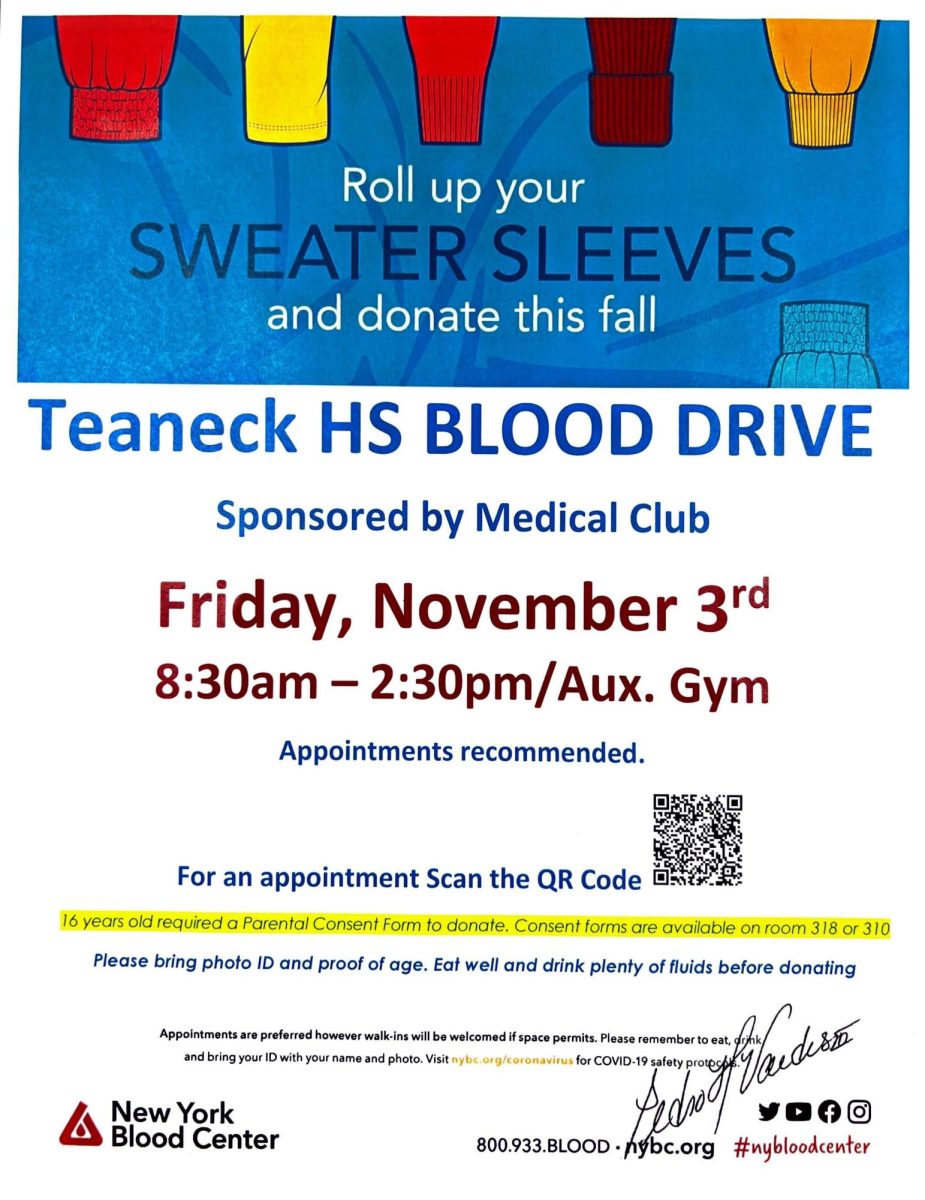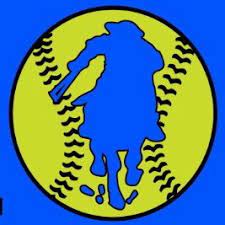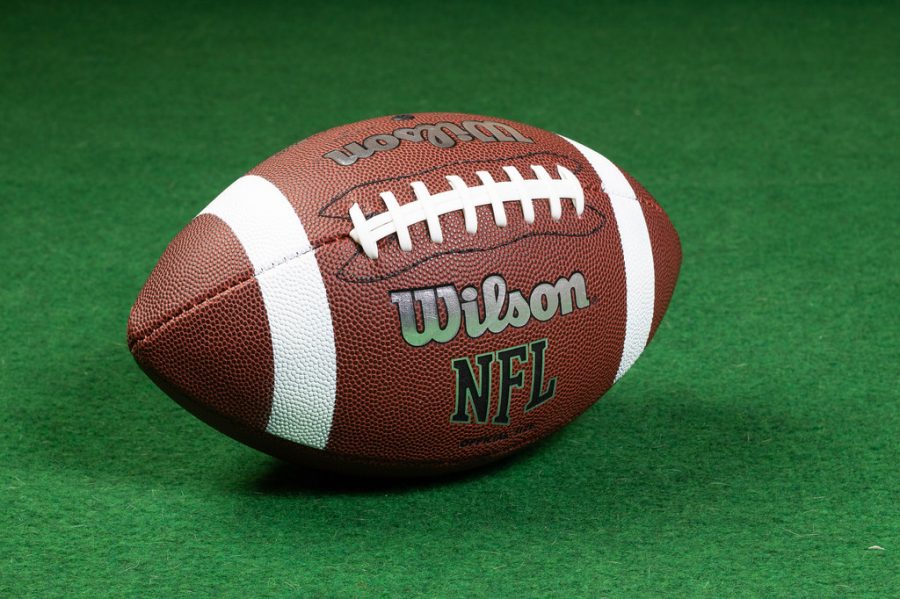Thanksgiving as an Indigenous American Day of Mourning
March 25, 2021
Thanksgiving, a holiday that originated from what was thought to be a peaceful cross-cultural feast between early American settlers and Native Americans, is recognized by Native Americans as a National Day of Mourning.
It started in the year 1970 when descendants of the English Pilgrims planned to host a banquet celebrating the anniversary of the famous Mayflower ship arriving at Plymouth. Organizers asked Aquinnah Wampanoag tribal leader Wamsutta Frank James to write a speech. Part of the speech he had planned to give asserts “The Pilgrims had hardly explored the shores of Cape Cod for four days before they had robbed the graves of my ancestors and stolen their corn and beans.” When asked to rewrite the speech, Wamsutta refused and withdrew from his involvement in the event entirely.
This outcome was what inspired the creation of a counter-celebration of the anniversary of the pilgrims first arriving in what is now America: the National Day of Mourning.
On this day every fourth Thursday of November for the past 50 years, several hundred Natives and nonnative peoples met on Cole’s Hill, overlooking Plymouth Rock, to recognize Thanksgiving from the long disregarded and overlooked perspective of the Indigenous. A plaque at the site notes: “Thanksgiving Day is a reminder of the genocide of millions of their people, the theft of their lands, and the relentless assault on their cultures. Participants in National Day of Mourning honor Native ancestors and the struggles of Native peoples to survive today.”
The injustices and disparities against the Indigenous peoples of America have brought some Wampanoag tribal elders to think Thanksgiving should not be celebrated at all. Regarding the holiday of Thanksgiving, a member of the Aquinnah Wampanoag tribe Tall Oak said to CNN, “it’s the one day out of the year when all of America bows their heads and gives thanks for all that was taken from us.”
The story of a peaceful dinner festival between the Indigenous peoples of Plymouth and the English settlers is a misleadingly pleasant depiction of the relationship between the two groups. This relationship would negatively impact the former for centuries to come.
“There’s this whole Norman Rockwell fantasy of what Thanksgiving was about, that it was this huge celebration between the first settlers and the tribes that sat down and talked, and that really wasn’t the case,” said Cedric Cromwell, chairman of the Wampanoag tribe. The cheerful celebration neglects the truth of a bloody history of contempt held for and conflict against Natives, all of which would result in immeasurable amounts of destruction and casualties.
Even today, the Indigenous peoples of America face disparities in employment and wealth, with one in four Native Americans living in poverty according to Census Bureau data. Indigenous people also have the highest rate of suicide and the second-highest rate of opioid overdoses of any demographic group in the United States according to the CDC.
The granddaughter of Wamsutta Frank James, Kisha James, said many Native Americans fast from sundown the night before to sundown the day-of to remember the suffering and genocide their ancestors experienced. Kisha recognizes the Day of Mourning annually and asks nonnatives to “try to divorce your Thanksgiving celebrations from the Thanksgiving mythology, so no more pilgrims and Indians, no more teaching your children about the first Thanksgiving as we learn it in public school where it was a friendly meal.” She said she does not object to families gathering to eat a meal together, but rather the false mythology surrounding the day.
